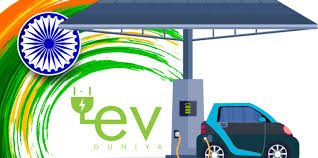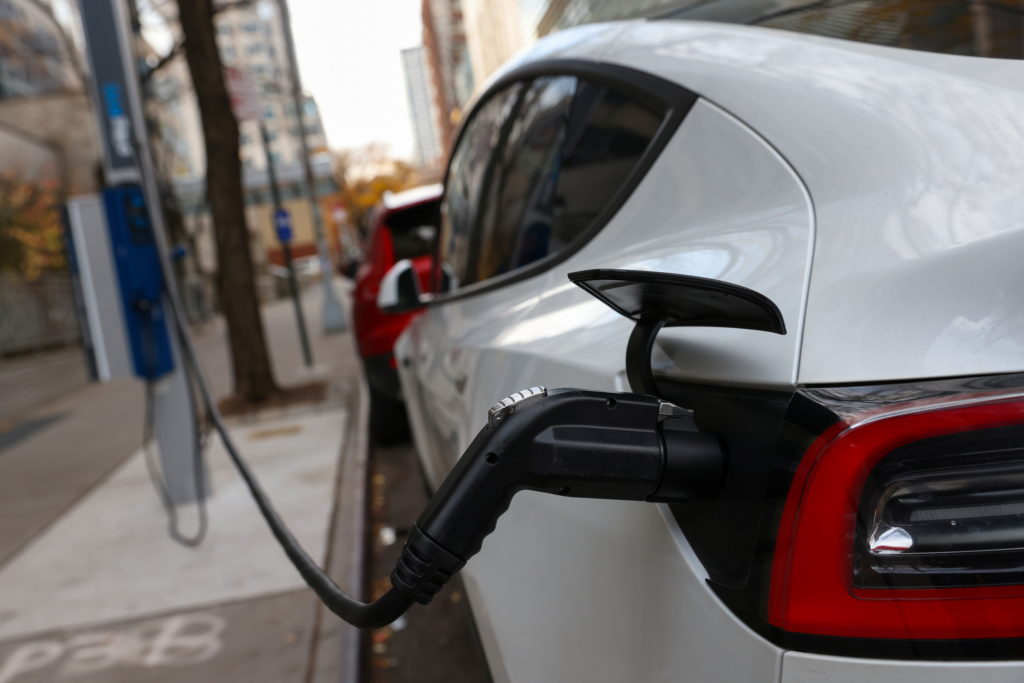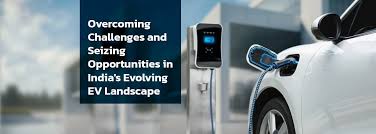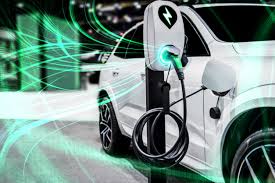In a defining era of environmental consciousness and technological innovation, India’s automotive sector finds itself at the cusp of a transformative journey towards electric vehicles (EVs). This seismic shift, driven by a confluence of factors, promises to reshape the industry’s future. Delve into the intricacies of this transition as we explore the dynamic forces propelling India’s EV revolution and the strategic imperatives it presents to stakeholders across the automotive ecosystem.
India’s automotive industry stands at a pivotal juncture, poised to lead the charge in the global transition towards sustainable mobility. At the heart of this transformation lies the escalating adoption of electric vehicles (EVs), fueled by an amalgam of environmental imperatives, government impetus, and technological advancements.
Central to the propulsion of EVs in India is the nation’s burgeoning environmental consciousness. With urban centers grappling with unprecedented levels of pollution, the imperative for cleaner transportation alternatives has never been more pronounced. EVs, with their zero-emission credentials, emerge as a beacon of hope in the quest for cleaner air and a greener future.
Complementing this groundswell of environmental awareness are concerted government efforts aimed at fostering a conducive ecosystem for EV proliferation. Through a suite of progressive policies, incentives, and regulatory frameworks, the Indian government is nurturing an environment conducive to EV adoption. From fiscal incentives and subsidies to mandates for charging infrastructure deployment, these initiatives serve as catalysts for industry stakeholders to invest in EV innovation and production at scale.


However, amidst the promise of a sustainable future, automakers confront an array of formidable challenges in navigating the EV landscape. Foremost among these challenges are the intricacies of the EV supply chain, particularly pertaining to battery production and procurement. Addressing these supply chain bottlenecks demands concerted efforts to bolster domestic manufacturing capabilities and forge strategic partnerships to secure a sustainable supply of critical components.
Furthermore, the development of robust charging infrastructure emerges as a linchpin in propelling EV adoption across India’s diverse terrain. The establishment of an extensive network of charging stations, bolstered by innovative solutions such as fast-charging technologies and battery swapping models, is imperative to assuage consumer apprehensions and facilitate seamless EV integration into daily life.
Despite these challenges, the allure of EVs as harbingers of a cleaner, more sustainable future remains undeniable. As industry stakeholders embark on this transformative journey, harnessing technological innovation, fostering strategic collaborations, and prioritizing consumer-centric solutions will be instrumental in steering India towards a future defined by clean mobility and environmental stewardship.
#ElectricVehicleRevolution #SustainableMobility #GovernmentInitiatives #BatteryTechnology #ChargingInfrastructure #IndianAutomotiveSector #CleanEnergyTransition




